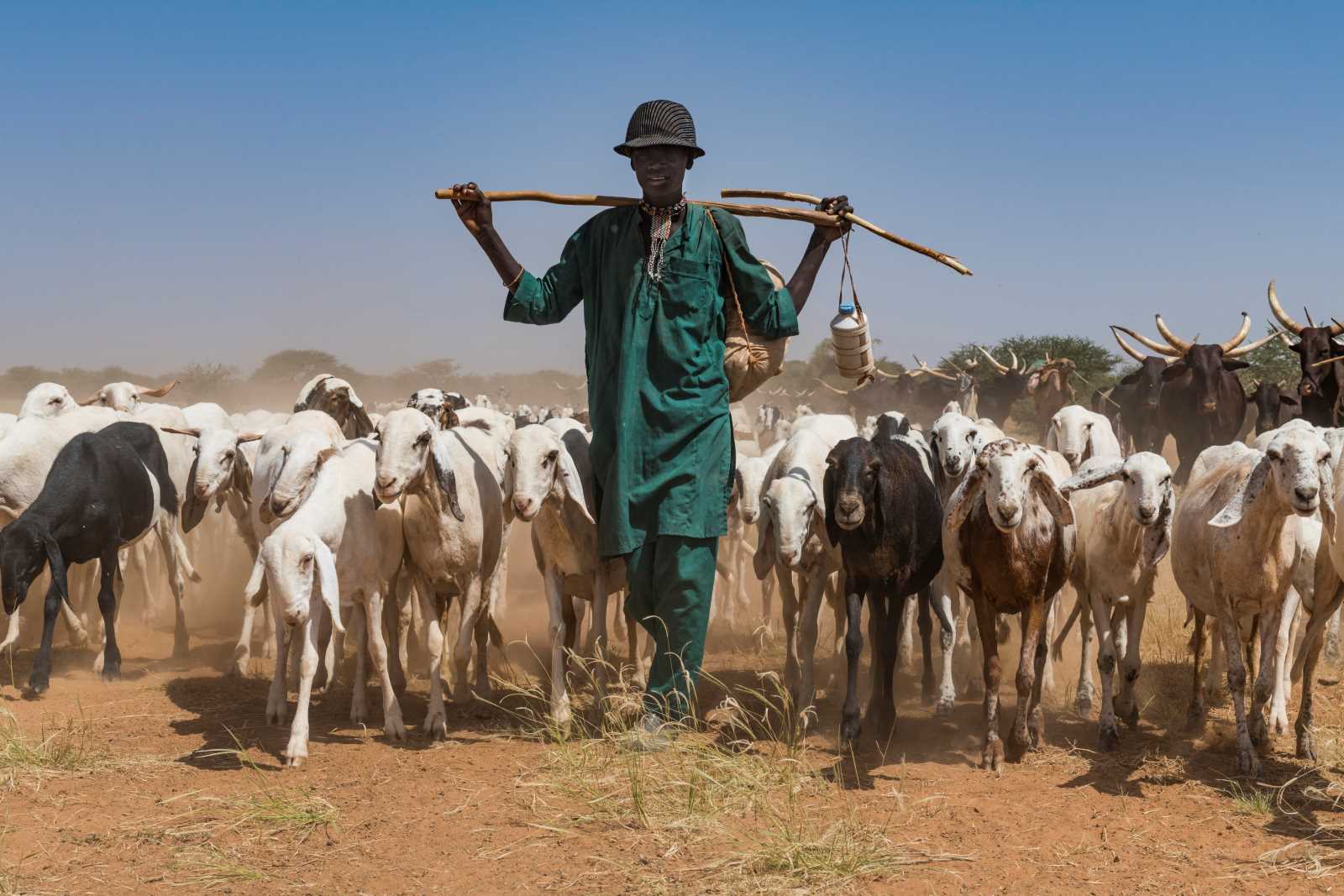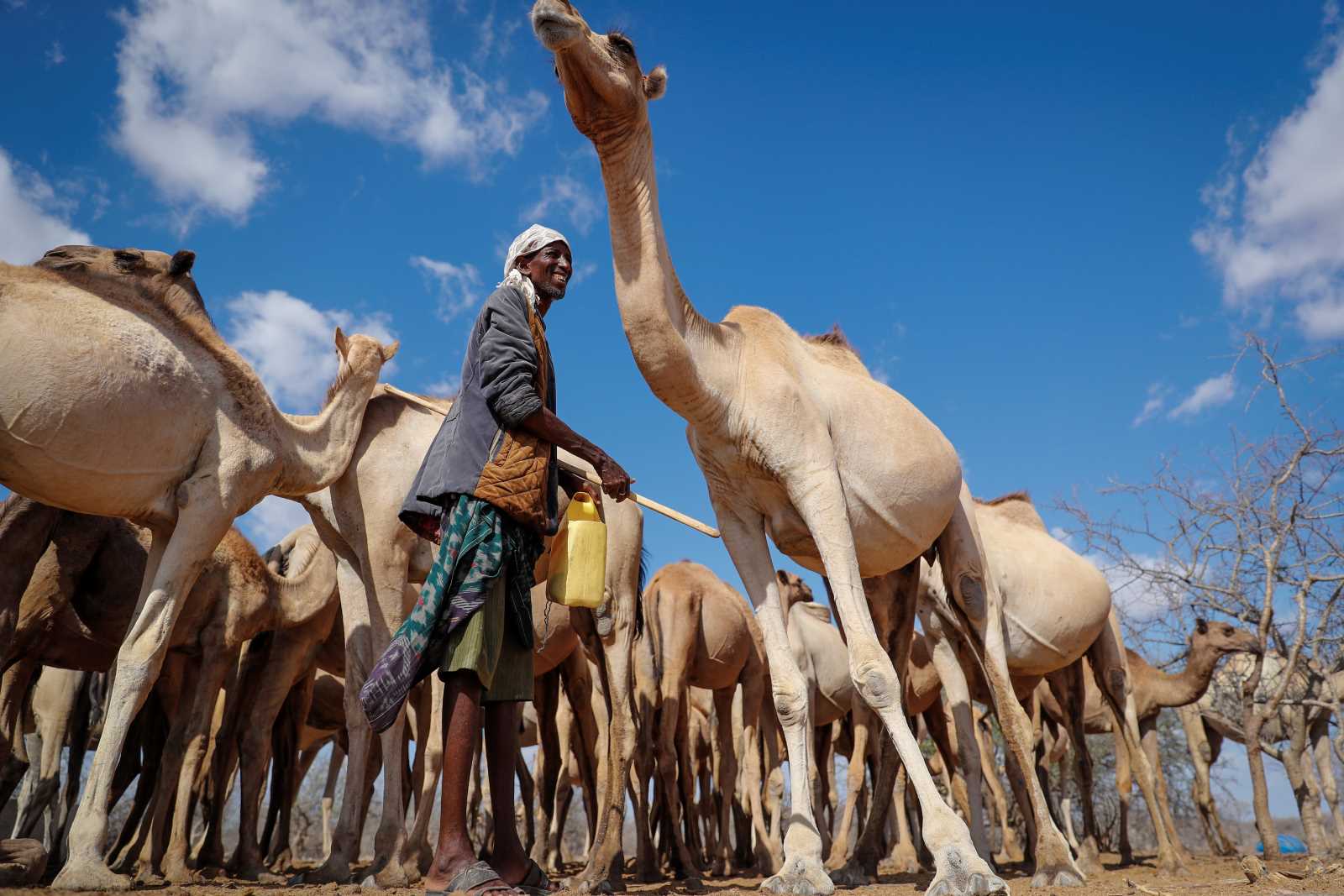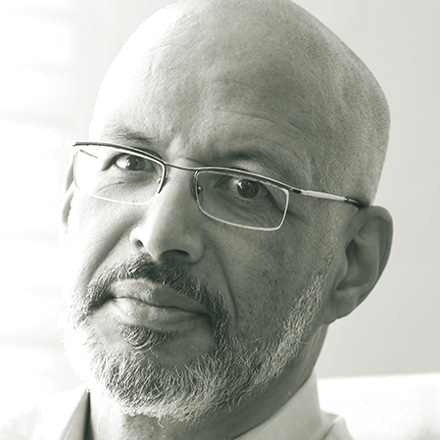Climate change and civil strife
Arab countries have comparatively high birth rates. The region has always lacked water. Climate change is likely to make water even more scarce. Indeed, rains were poor before the Arab spring.
More generally speaking, genocidal violence tends to occur when masses of people feel that they are not able to live the way they think is normal. In this sense, overpopulation is a quite relative term. Whether an area is overpopulated depends on what people consider appropriate rather than what a scientifically assessed carrying capacity might be.
Before the Rwandan genocide, for instance, empirical studies had shown that traditional agriculture, which had fed the up-to-then comparatively peaceful country, was reaching its limits and would soon no longer suffice.
The German mass murder of Jews was driven by Nazi ideology, according to which the country needed more “Lebensraum”, which literally means space to live. This ideology thrived when many Germans became desperate in the great depression.
Yugoslavia broke apart in a bloody civil war amid brutal ethnic cleansing after the country’s economy underwent a structural adjustment programme and saw incomes plunge dramatically. The sense of economic deprivation contributed to feeding hate rhetoric about lazy Serbs who do not want to work and greedy Croats who are not willing to share.
Ethnic cleansing and genocidal violence are terrible crimes, and subjective feelings of frustration obviously do not justify mass murder. That said, it matters that relative overpopulation makes horrible violence more likely. In this sense, the ongoing UN climate summit in Paris is not merely dealing with environmental and economic issues. Peace and security are at stake at well.
Jan Selby and Mike Hulme have recently argued in the Guardian that there is no direct proof of climate change having contributed to Syria’s current civil war.
In a rather narrow sense, they are probably right. Yes, cuts of agricultural subsidies may have hurt Syria’s rural population more than the lack of water. But it does not make sense to try and explain complex phenomena with single causes. Lack of pesticides and fertilisers is compounded by lack of water, because you cannot afford to lose crops if you can only cultivate ever smaller fields. We do not live in a monocausal world. Anger and hate in North Africa and the Middle East have more than one reason – and those feelings certainly contribute to sectarian fanaticism.













